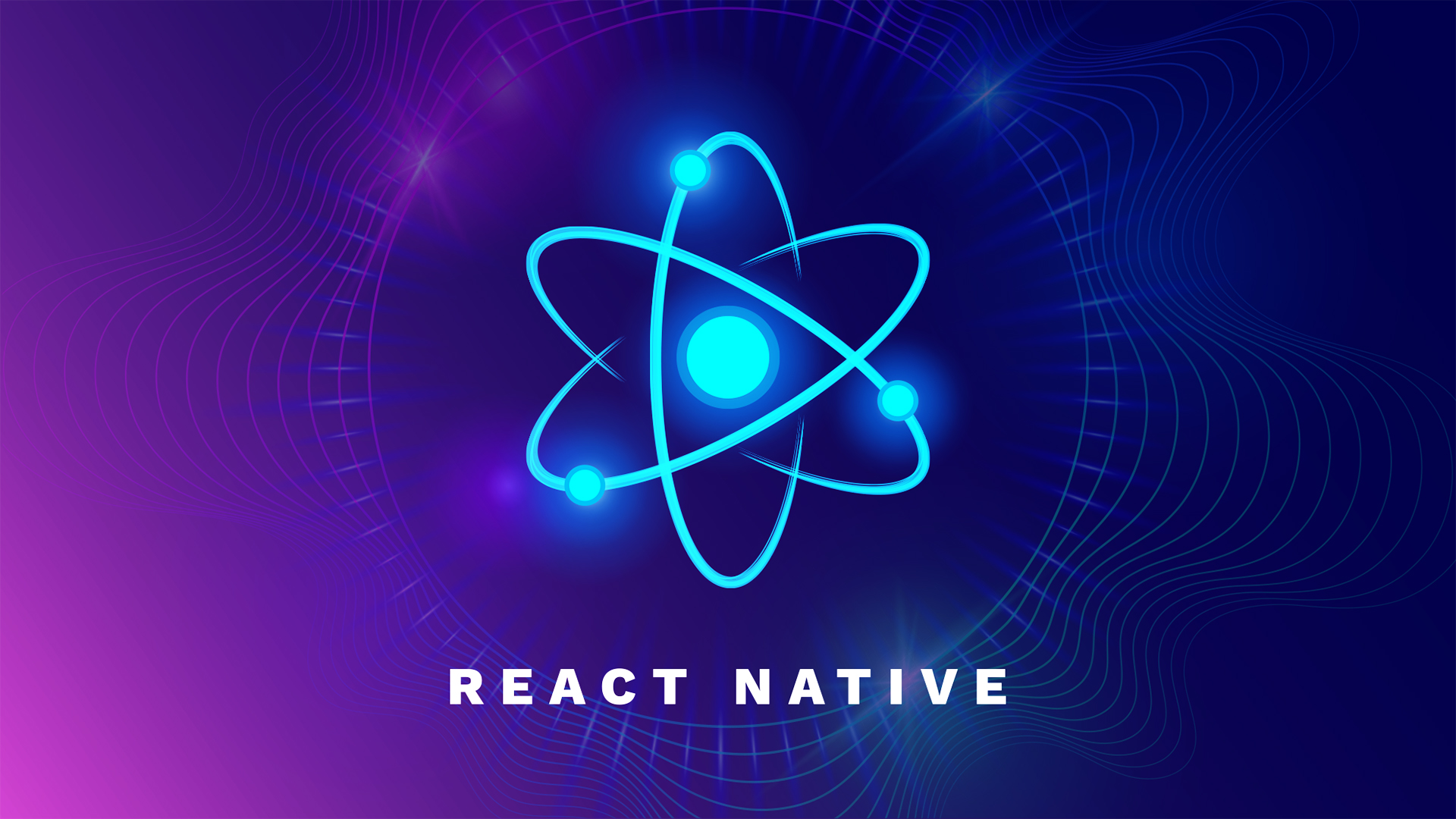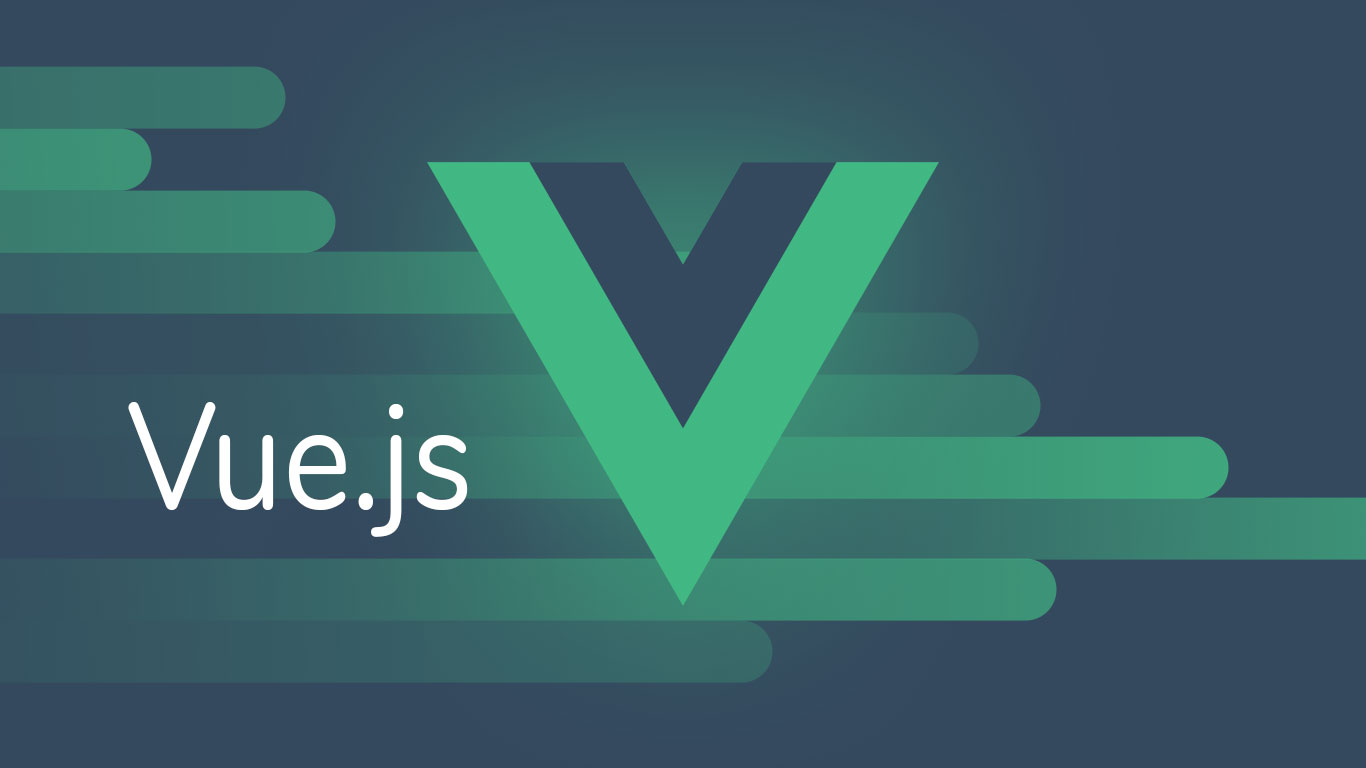1. Introduction to TypeScript and Angular 9
1.1 Overview of Angular and why it is used for modern web development.
1.2 Introduction to TypeScript: What is it and why use it with Angular?
1.3 Setting up the development environment with Angular CLI.
2. TypeScript Fundamentals
2.1 TypeScript syntax and features.
2.2 Static types in TypeScript: Primitives, arrays, objects, and functions.
2.3 Type inference and type annotations.
2.4 Interfaces, classes, and inheritance in TypeScript.
2.5 Modules and namespaces for organizing code.
3. Angular 9 Core Concepts
3.1 Angular components: Creating and organizing components.
3.2 Angular module system and NgModules.
3.3 Data binding: Interpolation, property binding, event binding.
3.4 Angular directives: Structural directives (ngIf, ngFor) and attribute directives.
3.5 Using pipes to transform data in the template.
4. Services and Dependency Injection in Angular
4.1 Introduction to services in Angular and why they are important.
4.2 Creating services and using Dependency Injection (DI).
4.3 Injectable decorators and lifecycle hooks in Angular.
5. Angular 9’s Ivy Compiler
5.1 Introduction to the new Ivy rendering engine.
5.2 Benefits of Ivy: Faster build times, smaller bundle sizes, and better debugging.
5.3 How to migrate or enable Ivy in existing Angular projects.
6. Working with Angular Routing
6.1 Setting up routing in Angular 9 applications.
6.2 Navigating between different views and routes.
6.3 Lazy loading for performance optimization.
6.4 Protecting routes with route guards.
7. Forms and Input Handling in Angular
7.1 Introduction to template-driven forms.
7.2 Creating reactive forms and handling form controls programmatically.
7.3 Form validation: Built-in validators and custom validators.
7.4 Handling user input and form submission.
8. HttpClient and API Communication
8.1 Making HTTP requests with Angular’s HttpClient module.
8.2 Sending GET, POST, PUT, and DELETE requests.
8.3 Working with Observables and RxJS for handling asynchronous data.
8.4 Error handling in HTTP requests.
9. Component Interaction and State Management
9.1 Sharing data between parent and child components using Input and Output.
9.2 Using services to share data across multiple components.
9.3 Introduction to state management with NgRx (optional).
10. Advanced TypeScript Features in Angular
10.1 Generic types and their usage in Angular services.
10.2 TypeScript decorators and how they are utilized in Angular.
10.3 Handling complex types and union types.(Ref: Adobe XD)
10.4 Type guards and type assertions.
11. Unit Testing and Debugging Angular Applications
11.1 Introduction to unit testing in Angular using Jasmine and Karma.
11.2 Writing test cases for components and services.
11.3 Debugging Angular applications using browser developer tools.
11.4 Best practices for testing Angular applications.
12. Angular 9 Performance Optimization
12.1 Change detection strategies in Angular.
12.2 Optimizing performance with the OnPush change detection strategy.
12.3 Lazy loading modules and code splitting.
12.4 Tips for reducing bundle size and improving application performance.
13. Building and Deploying Angular 9 Applications
13.1 Building Angular applications for production.
13.2 Code optimization and minification.
13.3 Deploying Angular applications on popular platforms (Firebase, Netlify, or custom servers).
14. Hands-On Project: Developing an Angular 9 Application
14.1 Building a real-world CRUD (Create, Read, Update, Delete) application.
14.2 Integrating the application with a RESTful API.
14.3 Implementing routing, forms, and service layers.
15. Conclusion and Next Steps
15.1 Recap of Angular 9 and TypeScript integration.
15.2 Future learning paths and resources (e.g., Angular Universal, Server-Side Rendering).
15.3 Continuous learning and staying updated with Angular and TypeScript.
Reference







Reviews
There are no reviews yet.